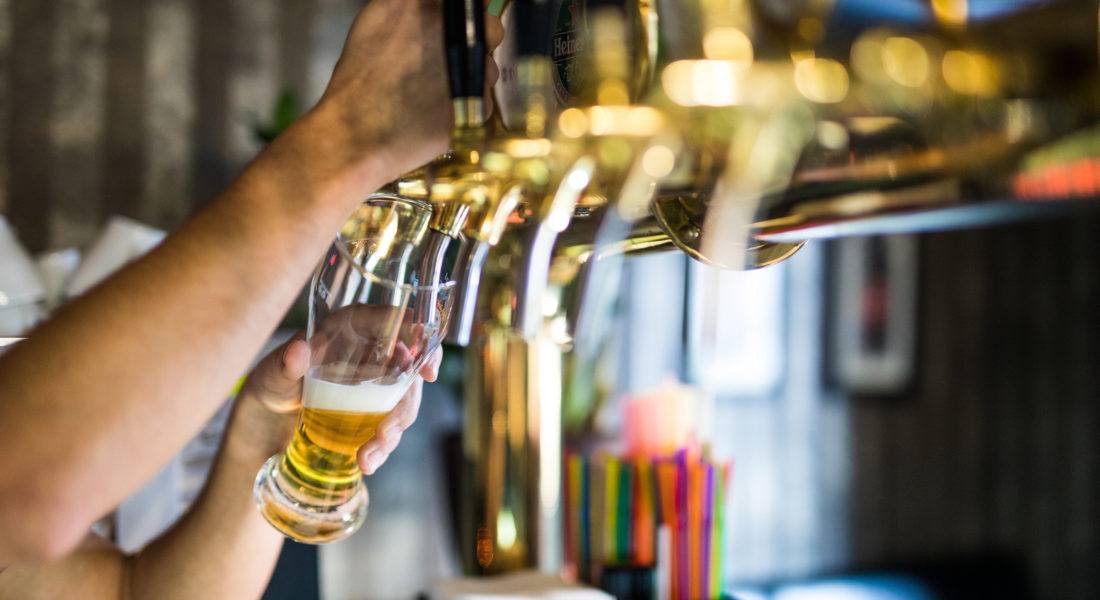Is Your Loved One Drinking Too Much?

It can often be hard to measure the extent of a loved one's drinking. Some people enjoy an alcoholic beverage on a daily occasion while others abuse alcohol by indulging every day. Problem drinking can be tricky to identify, but there are ways to know if a loved one has a problem.
Binge Drinking Excessive Amounts
Binge drinking can happen quickly. Your loved one may tell you they are only going to have a drink or two, and before you know it, they've had numerous beverages. Sometimes this is accidental, but if it happens a few times, take note. Many people who drink heavily don't know their limits and continue to push those limits. They also build tolerance as they drink more meaning it can take larger amounts of alcohol to intoxicate them each time they drink.
Excessive Drinking Alone
Drinking alone on occasion is normal for some people as they enjoy a beer watching television or have a glass of wine before bed. Excessive drinking to the extent of drunkenness on numerous occasions can signal a problem. If your loved one is isolating themselves to drink, they could be hiding the amount of drinks they are consuming or want to shy away from any judgement.
Drinking Before Professional or Personal Events
They may hide it well, but if your loved one is drinking before work or personal events, it could be a problem. You may find empty alcoholic beverages stashed in random places throughout the house or in places meant to be hidden. Sometimes they will even mix alcohol in containers to take with them to work or personal events. At home they can get creative by hiding it in strange places. Alcohol abusers are often very good at hiding this type of drinking.
Withdrawal Symptoms
You may notice your loved one showing signs of withdrawal once their buzz wears off. If they haven't had a drink in hours, they may begin to shake, get sick to their stomach or be irritable. This could just be a sign they're having a bad day and don't feel well, but if it happens on an everyday basis, they may be showing withdrawal symptoms. Withdrawal symptoms often lead them to indulge in even more alcohol as their tolerance to it rises meaning they need more to get the safe effect.
Many people whom abuse alcohol suffer the loss of personal relationships. They begin to put alcohol above relationships and miss out on important events or just fall away from communicating with anyone. Other loved ones may get angry with these people as they try to confront them over suspected binge drinking. Their children may even feel neglected as they reach for the bottle over spending time with loved ones.
If you think any of these issues sound like your loved one, contact Delray Beach rehab for the next steps. It can be difficult, but it's best to get an addiction specialist to determine the next steps for your loved one if they are abusing alcohol.

